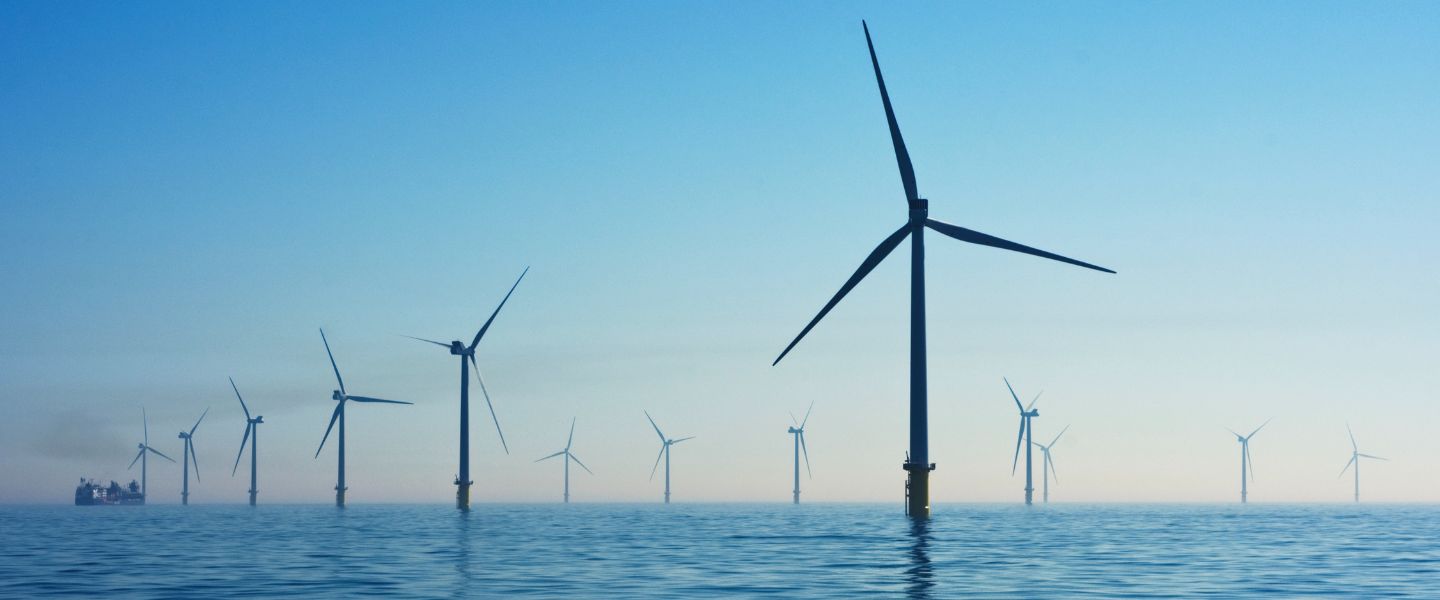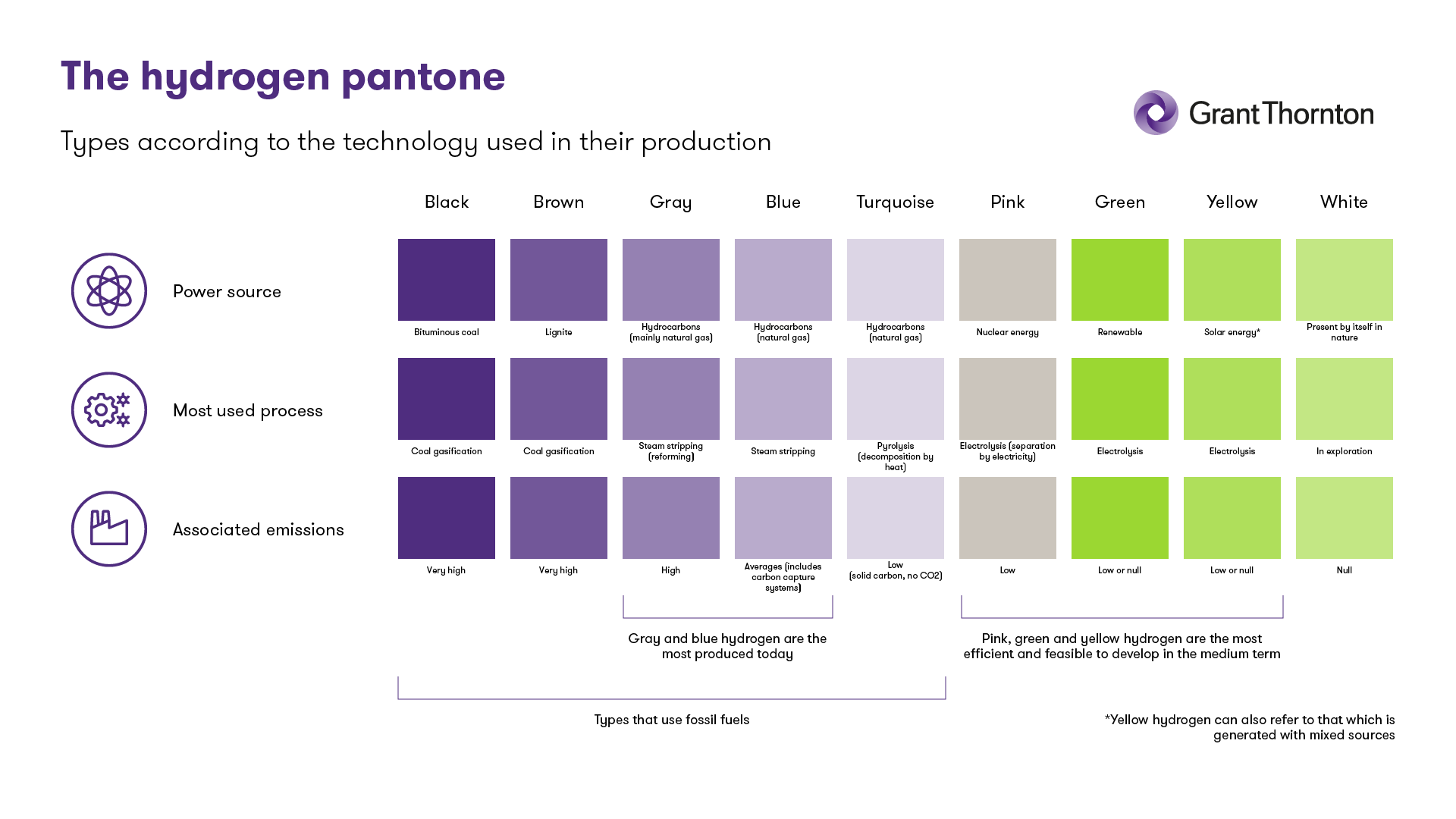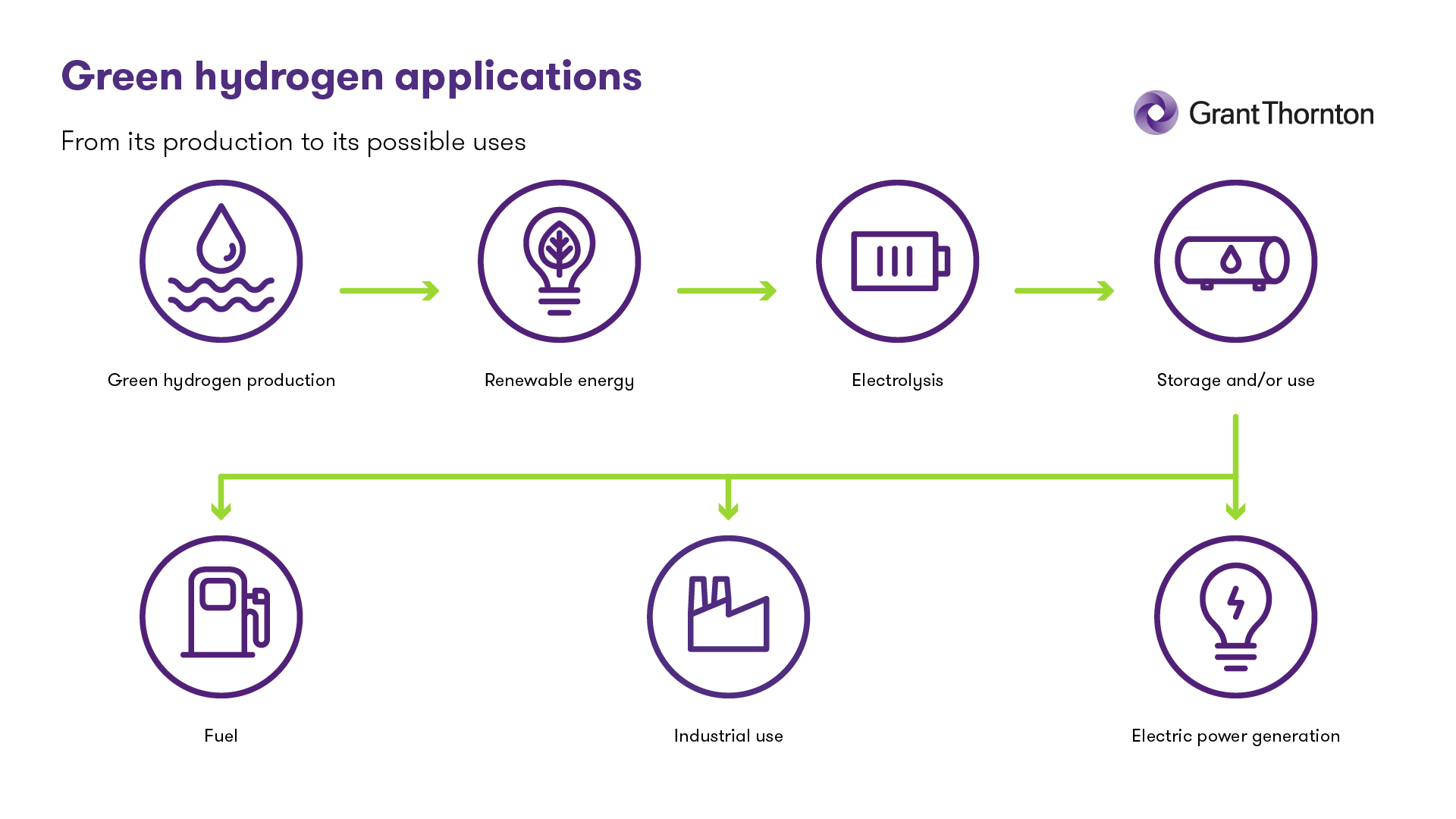-
Compliance
Assistance in the design, implementation and monitoring of Compliance programs within the framework of local and international regulations (FCPA, Corporate Criminal Responsibility Law), including course delivery.
-
Sustainability
Learn how our sustainability services can help you go beyond and build a strong reputation, attract committed investors and generate long-term sustainable financial results.
-
Forensic
The services offer includes expert advice in litigation resolution and the development of procedures in legal/digital forensics and cybersecurity.
-
Human Capital solutions
Grant Thornton's Human Capital division has a team of professionals determined to accompany individuals and organizations throughout the relationship between the employee and the organization.
-
Organizational restructuring
Advice on operational restructuring to companies in difficulty, their creditors or other interested parties.
-
Services to the Government and the Public Sector
Financial audit projects and special technical and concurrent reviews of programs of national and subnational governments financed by International Credit Organizations. Special projects for government entities, public and mixed companies.
-
Valuation Services
We provide stock, business, asset, and liability valuations in support of negotiations, account structuring, and tax opportunities.
-
Transaction Advisory Services
The service offer includes financial due Diligence, operations services, business and strategic intelligence, ratings, advice on mergers and acquisitions, capital markets and debt advice.
-
Academy - Empowered by Grant Thornton Argentina & Perú
Academy is an e-learning platform that emerged as a joint initiative of Grant Thornton Argentina and Grant Thornton Perú. It is designed so that everyone can acquire new skills in accounting, auditing, taxes, technology and business through access to multiple courses and certifications.
-
External audit
We offer services of external audit of financial statements, assurance reports, agreed-upon procedures reports and certifications, due-diligence and take-over of companies.
-
Audit methodology and technology
At Grant Thornton we use a single audit methodology across our global network. We apply it through LEAP, an integrated software audit tool. Get to know it now.
-
Professional standards and training
Our IFRS advisors can help you navigate the complexity of the standards so you can spend your time and effort on your business.
-
Prevention of money laundering and financing of terrorism
At Grant Thornton we provide advice to our clients in the development of an Asset Laundering and Terrorist Financing Prevention strategy that allows them to prevent risks in a comprehensive manner.
-
Tax outsourcing
Taxes have a significant impact on business decisions. At Grant Thornton, we respond quickly and design tailored solutions to ensure organizations are not adversely affected.
-
Payroll
We have the experience and the know-how to perform payroll for various industries, including those in which trade unions and workers' organisations are active.
-
Accounting, administration and finance services
Effective accounting and financial advisory are necessary for the success of an innovative and forward-thinking organization. We provide our knowledge and experience so you can stay focused on your business's core activities.
-
Start-up of companies
The early stages of a business are key to its success. Therefore, it's important to have experts who manage and administer business resources. Learn about our solutions to help you build your company.
-
Financial statements audit
We offer services of external audit of financial statements; assurance reports, agreed procedures and certifications; due-diligence and take-over of companies.
-
FIU Independent External Reviewer - AML/CFT
We participate in the implementation of the requirements of the FIU in leading companies and our services ensure an orderly framework, optimizing the investment.
-
Internal audit
An internal audit helps identify gaps, deficiencies, and potential for inherent risk in all facets of the organization.
-
Legal audit
The monitoring of the legal area is usually a complex and difficult task for organizations, which however cannot be neglected.
-
Creation and acquisition of Financial Entities
We have the knowledge and experience in activities related to the acquisition and creation of financial entities, both locally and internationally.
-
Responsible for regulatory compliance
At Grant Thornton we offer the service of acting as "Responsible for Regulatory Compliance and Internal Control" for companies that requested registration as Settlement and Clearing Agent and Trading Agent.
-
IT Internal Audit
IT has been, and will increasingly be, a key factor for success and operational efficiency in all industries. Innovations such as the cloud and virtualization, and new threats around data security, have reinforced the importance and increased the risks associated with the use of technology for our clients.
-
Cybersecurity
As sophisticated digital manipulations become more prevalent, organizations must strengthen their defences and effectively protect themselves from threats and recognize those that are not. Organizations must act quickly to strengthen trust and resilience. A combination of enhanced security capabilities, robust controls, and employee education and awareness is critical.
-
ITGC Controls
Information Technology General Controls (ITGC) are a set of policies that ensure the effective implementation of control systems throughout an organization. ITGC audits help verify that these general controls are implemented and functioning correctly, so that risk is appropriately managed.
-
Global Mobility Services
Sending someone abroad involves liabilities and obligations. We offer interesting solutions to minimize the tax burden for both parties.
-
Direct Tax
We provide clear and practical solutions that meet your specific business needs, in the most tax-efficient way possible.
-
Indirect Tax
Grant Thornton's tax teams take a rigorous approach to help you meeting your tax obligations, whatever challenges you may face along the way.
-
International taxes – Transaction support
We offer our international experience in the field and make available the resources to plan and adequately comply with regulatory frameworks.
-
Services to private clients
Wherever you are in the world, our tax specialists can help you with your interests and investments abroad.
-
LATAM Tax Newsletter
Stay informed with the latest tax developments across Latin America with the LATAM Tax Newsletter, prepared by our experts throughout the Americas.
-
Clean energy and technology
Growing demand, development of new ways of energy and a need for a sustainable future: we support our clients in these changes to be one step beyond their competitors.
-
Mining
Our flexible, partner-led teams are dynamic and focused on development. We take time to understand the details of the client’s business and offer unique solutions.
-
Oil and gas
Our Oil & Gas teams have the deep knowledge, wide experience and vision needed to offer our clients practical solutions adapted to their businesses.
-
Banking
Grant Thornton offers meaningful and accurate solutions for operational and transactional issues, litigation and administrative disputes in banking.
-
Private capital
We gather international teams of experts in corporate finance, restructuring and recovery, tax and insurance services to deliver customized solutions from initial investment, through development stages until the end of each project.
-
Fintech
We work to take advantage of all opportunities and manage industry risks, allowing our clients to always be one step beyond their competitors.
-
Asset management
We have specialized teams in more than 140 markets delivering solutions regarding insurance, taxes and advisory to global, international, regional, local asset managers.
-
Insurance
Thanks to our specialized team we offer accurate solutions for operational and transactional matters, litigations and administrative conflicts.

What is hydrogen?
Hydrogen is the simplest and most abundant element on the planet. But it is not found in a pure state, it is combined with other elements forming, for example, hydrocarbons and water. Therefore, it cannot be taken directly from nature, rather it is an energy vector that must be obtained by breaking the molecules of different compounds.
According to the way it is obtained and the level of greenhouse gases (GHG) emitted in the process, we can find different categories of hydrogen. The best known are:
- Gray hydrogen: it is obtained from fossil fuels (generally natural gas). It is the most polluting since large amounts of carbon dioxide are released during treatment.
- Blue hydrogen: it also generates CO2 emissions, but this is captured using CCUS (Carbon Capture, Use and Storage) technology to be stored or re-used.
- Green hydrogen: through the use of renewable energy, electrolysis is generated in the water and the hydrogen molecules are extracted in this way, releasing very little or no GHG emissions.
Hydrogen is widely used in industry for the synthesis of ammonia, oil refining and hydrogenation of vegetable oils, among others. Being highly flammable, it can produce up to three times more energy than fossil fuel. Therefore, although it is an incipient technology, it is considered that it could be an interesting alternative as a fuel for transportation, domestic and industrial use, and electricity generation.

How is green hydrogen produced?
There are different methods of obtaining it, although they all have one factor in common: the use of renewable energy sources to carry out the processes. The main one is electrolysis, which uses electrical energy to break down fresh water molecules into oxygen and hydrogen.
This process is exempt from GHG emissions not only during its production, but also during its use. When hydrogen is transformed into electrical energy through the use of batteries or fuel cells, it emits only water.
In Argentina there are two large projects in Patagonia, which seek to produce green hydrogen using wind power as an energy source, taking advantage of the quality of the wind in the region.

Are there regulations for production?
In August 2006, Law 26.123 for the promotion of hydrogen was passed. In this bill the development of technology, production, use and applications of hydrogen as a fuel and energy vector was declared to be of national interest. But since its article 21 stipulated a term of 15 years, the law expired in 2021.
Currently, a new project of the National Regime Law for the promotion of hydrogen is being discussed. The bill promotes "research, innovation, development, production, export and use of hydrogen of renewable origin as fuel and energy vector and as an input for chemical and industrial processes" and grants one year for the Executive Power to approve the National Hydrogen Strategy 2030.
This new bill also establishes that energy projects that make up the National Hydrogen Promotion Regime will enjoy promotional benefits for 20 years -in relation to Value Added Tax (VAT), Income Tax, deduction of financial burden of financial liabilities and imports, among others-, in addition to fiscal stability.
Gabriel Righini, Audit Partner and Lead for the "Energy and Natural Resources" industry at Grant Thornton Argentina, comments: "Our country has a history of being at the forefront of energy developments, especially in oil and gas. Currently, we have an opportunity to achieve energy self-sufficiency using a combined matrix of available sources and also think, in the medium term, of being exporters. In this sense, investing and developing clean energy such as green hydrogen can help to resume the path of innovation and growth, taking care of our planet at the same time."
If you need the support of our experienced professionals in the challenges and opportunities of the energy sector, contact us.

